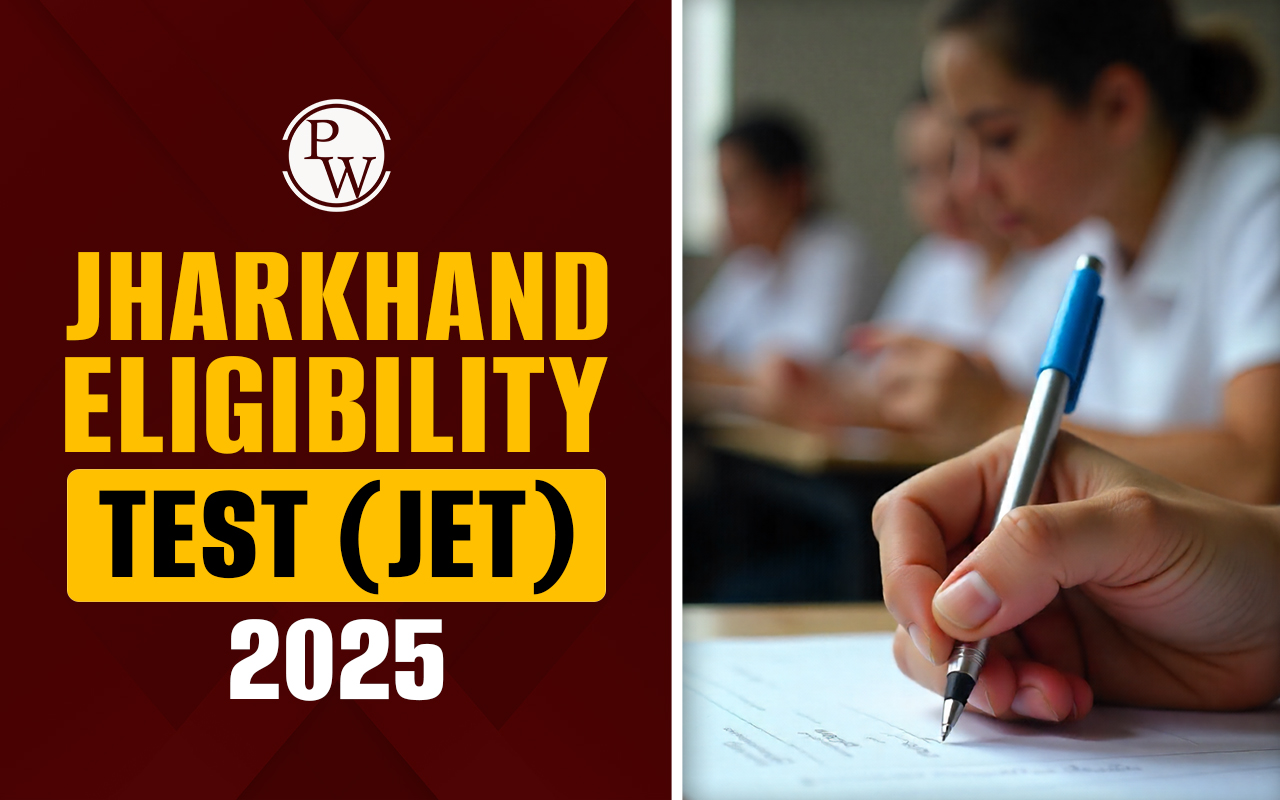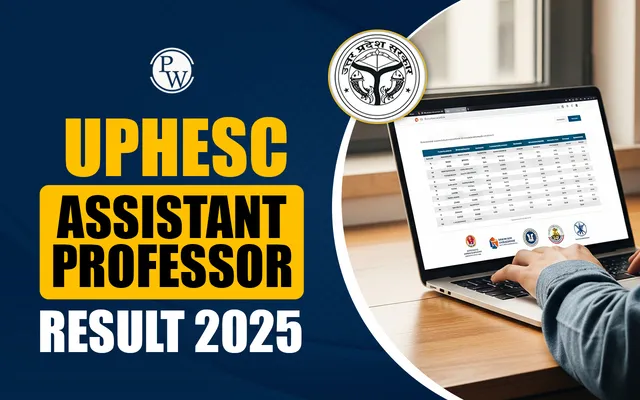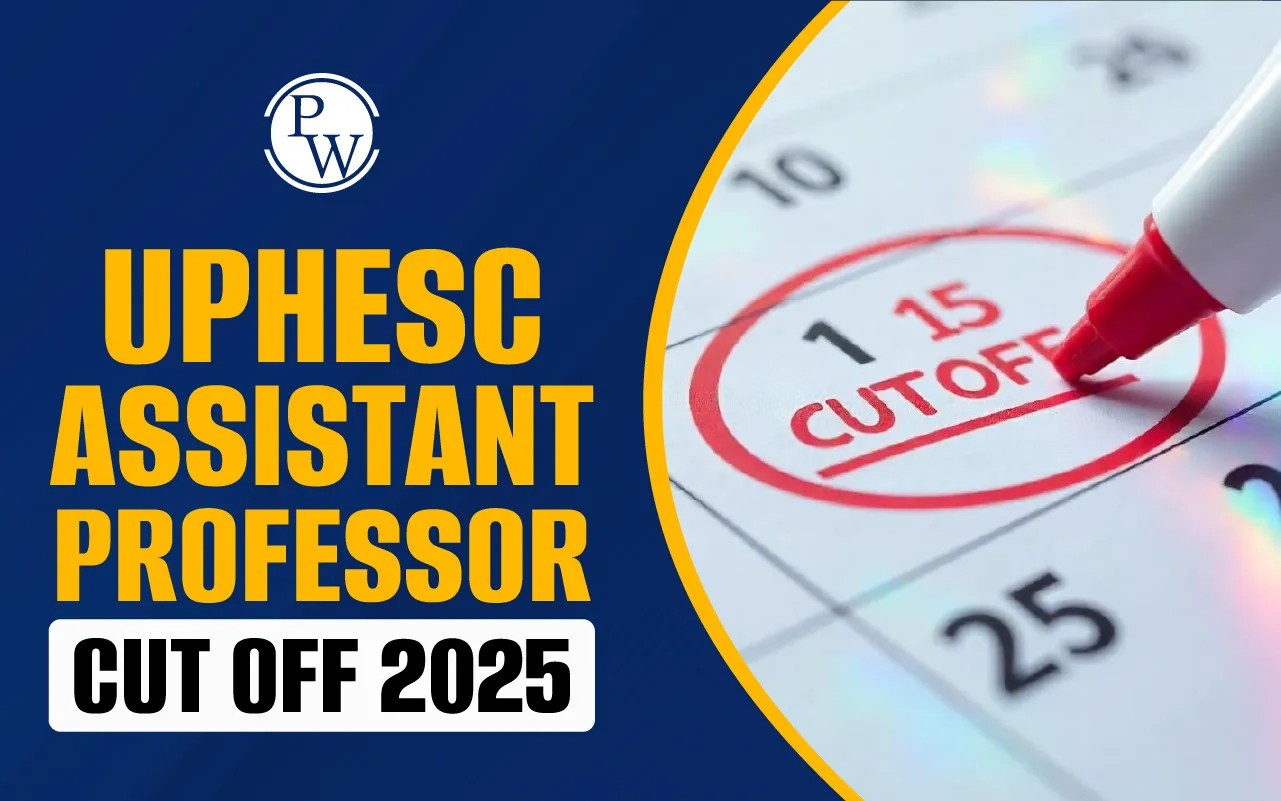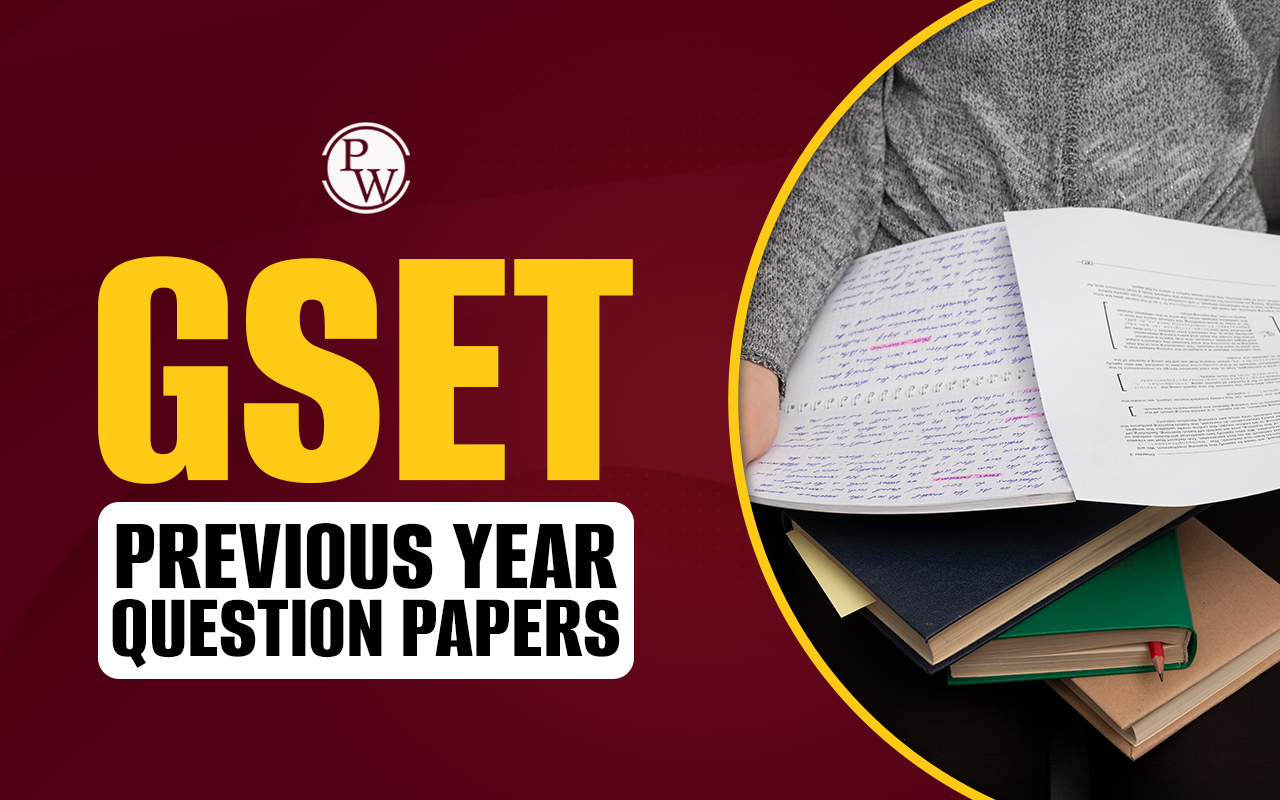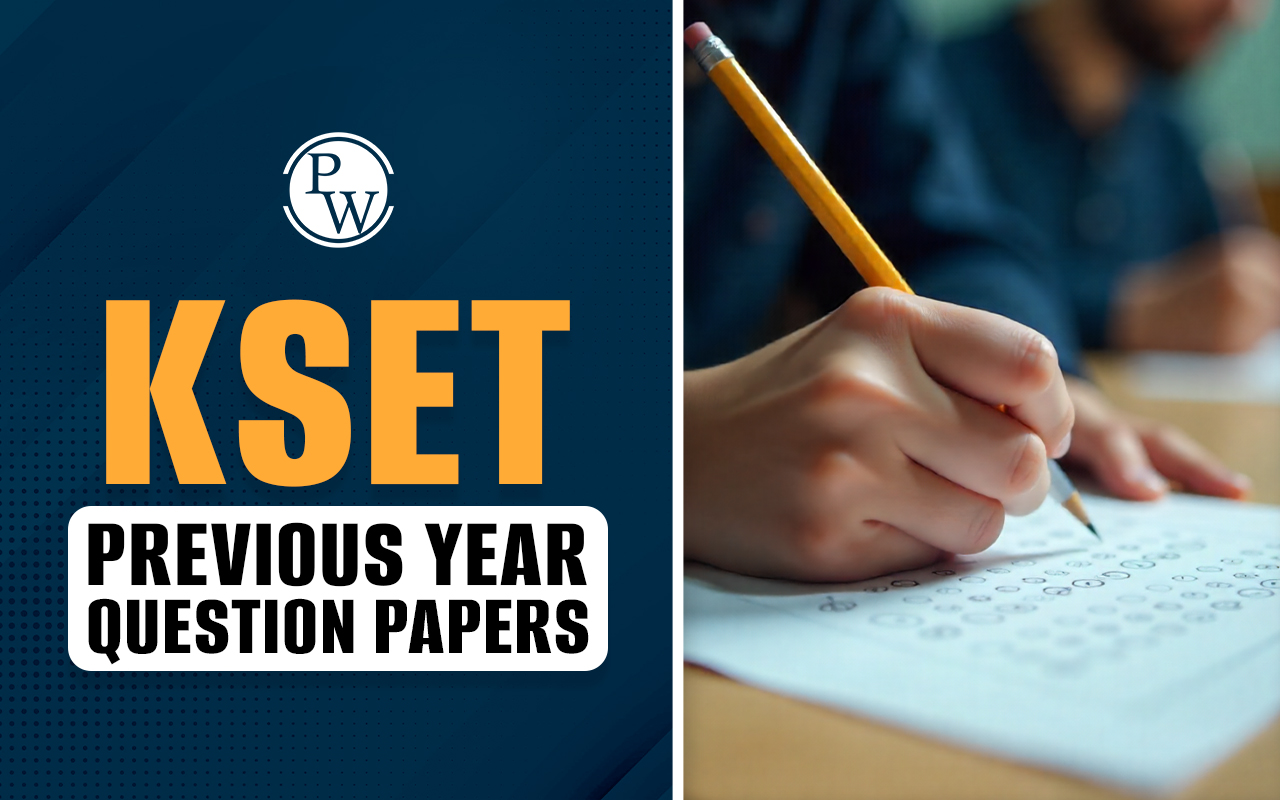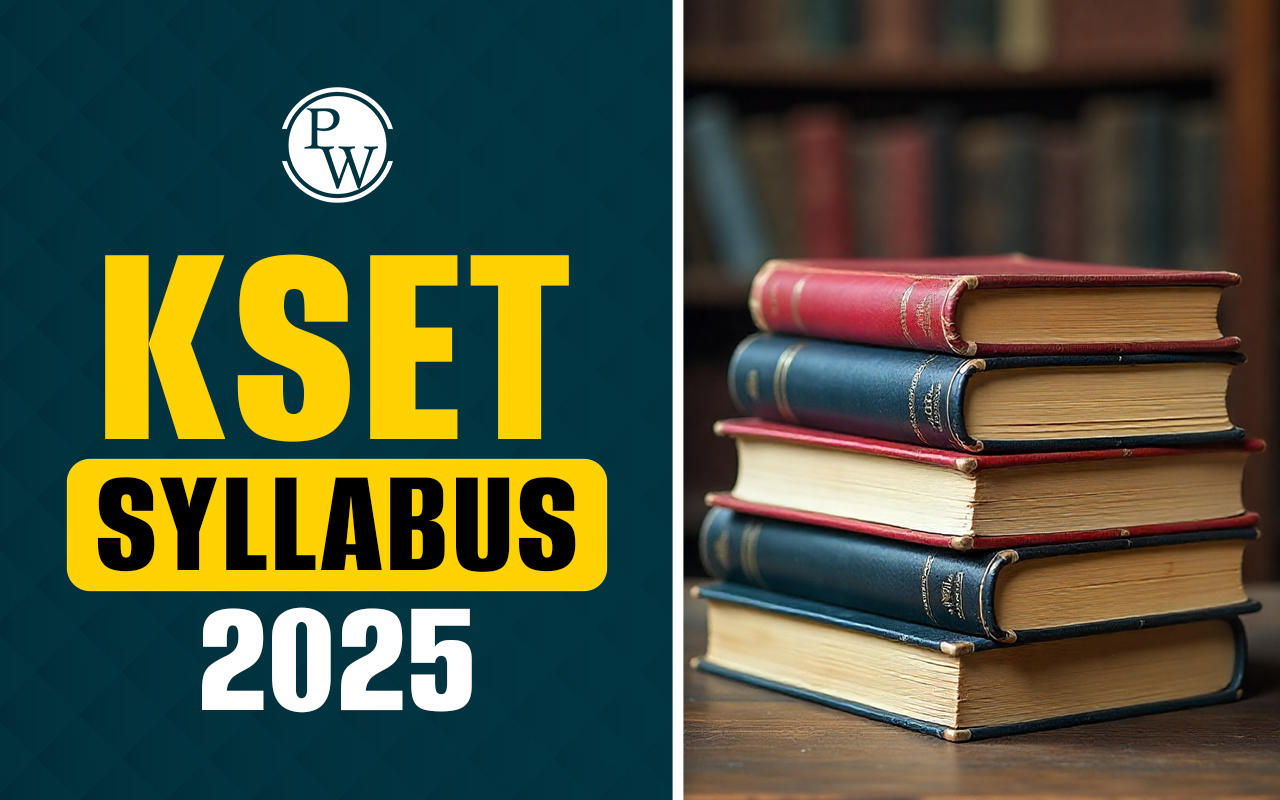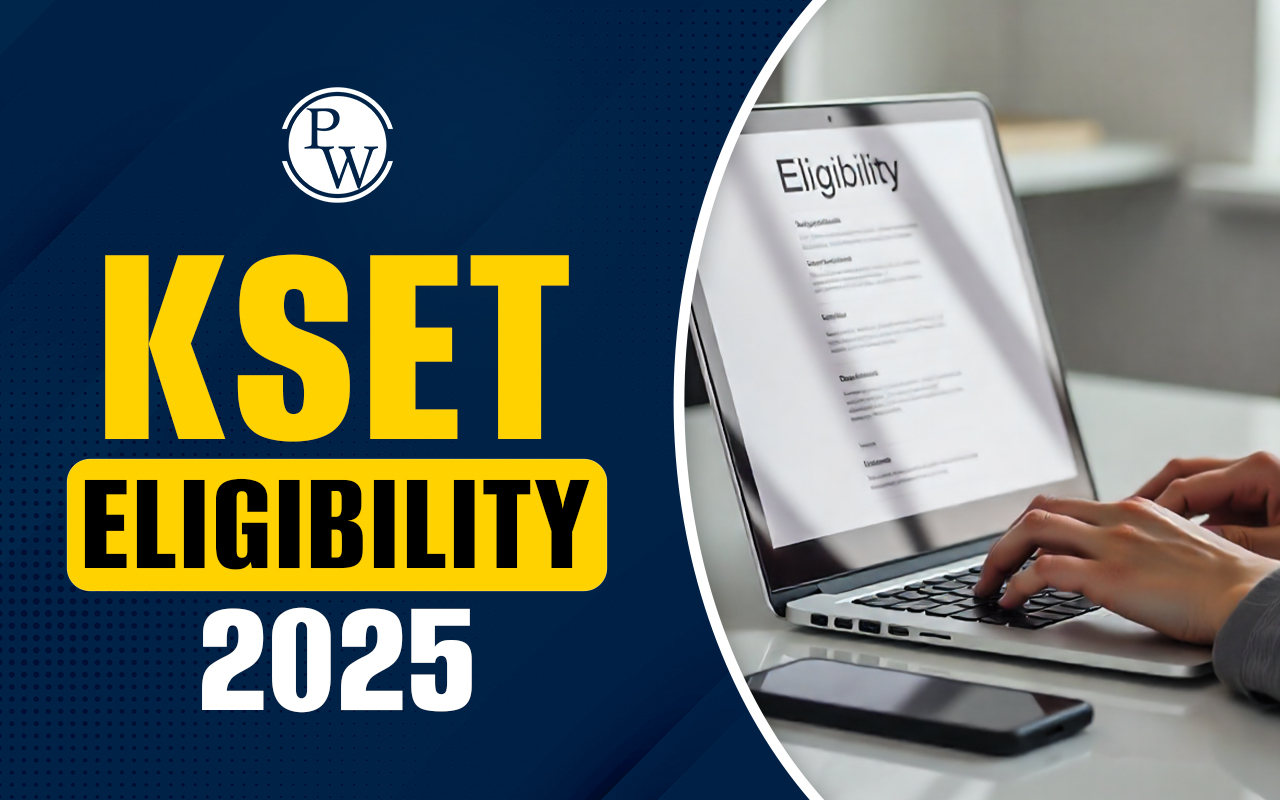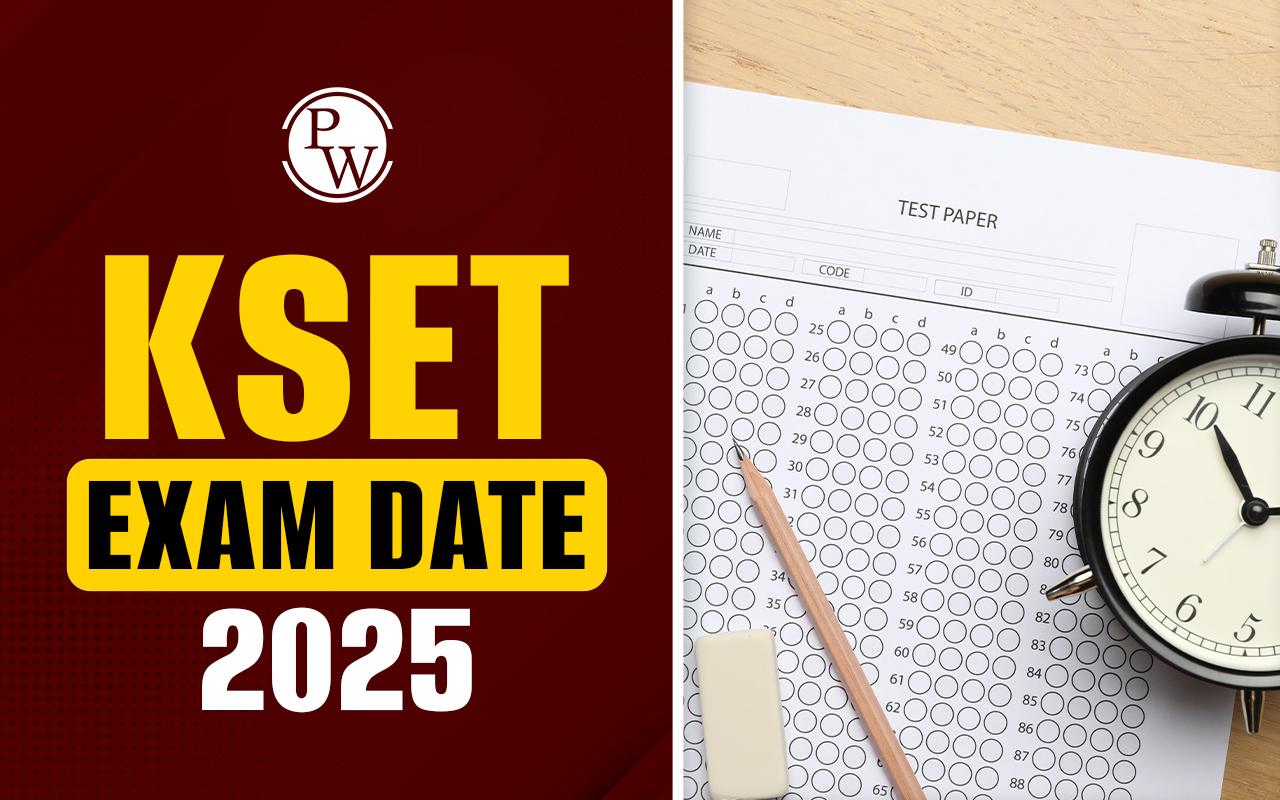
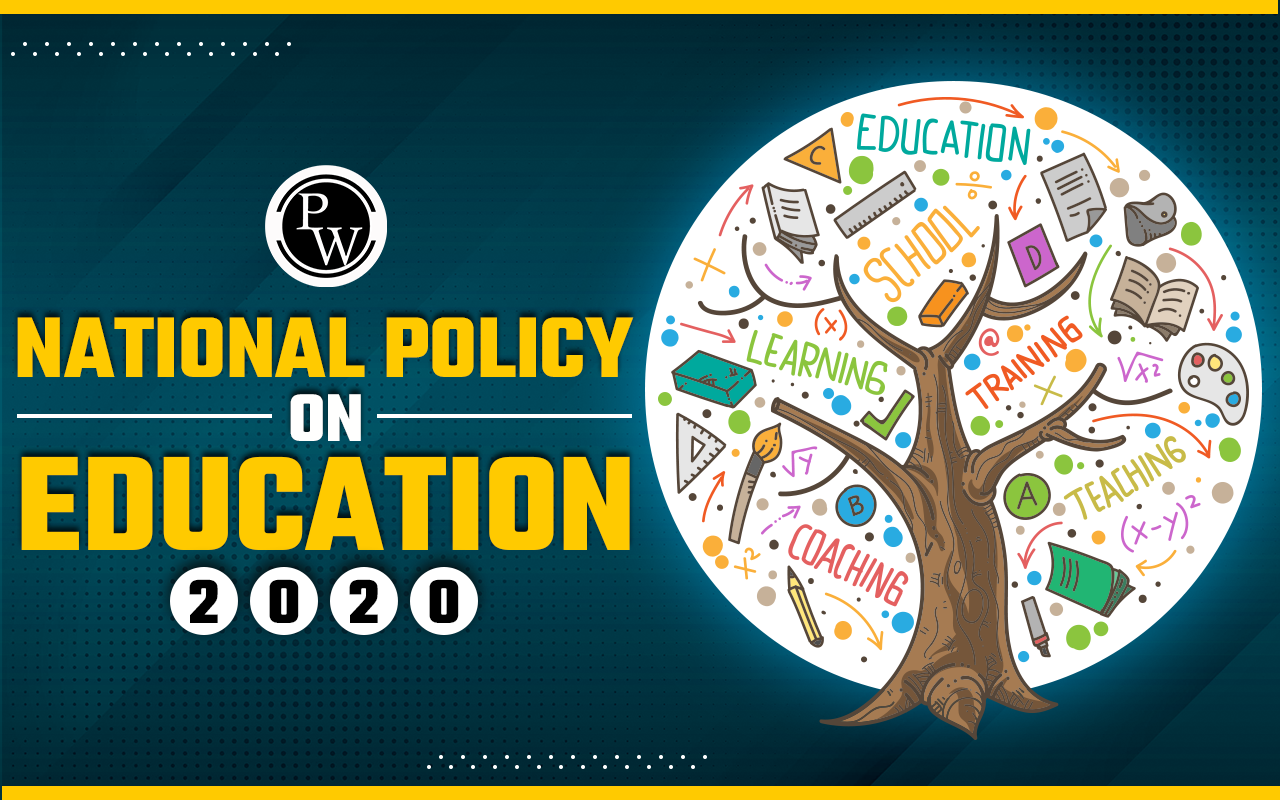
National Education Policy 2020 : The National Education Policy of India 2020 (NEP 2020) represents a significant overhaul aimed at revolutionizing the country's education system. Envisioned to replace the outdated National Policy on Education of 1986, NEP 2020 is designed as a holistic framework from elementary education through higher and vocational training across rural and urban India. Its ambitious goals aim to reshape education by 2030, addressing foundational literacy, curriculum flexibility, and integrating modern educational practices.
Foundations of National Education Policy 2020
NEP 2020 introduces a structural reform with the "5+3+3+4" model, redefining the educational stages from early childhood to higher education. It emphasizes foundational literacy and numeracy, ensuring that all students achieve basic learning skills by Grade 3. The policy advocates a multi-disciplinary approach, allowing students to choose diverse subjects and paths, reducing the emphasis on rote learning.NEP 2020 Language and Curriculum
A key feature of NEP 2020 is the focus on the mother tongue as the medium of instruction until Class 5, extending to Class 8 and beyond in secondary education. The policy promotes multilingualism and preserves regional languages while offering flexibility in language choices without imposing any specific language.Foundational Changes in School Education
NEP 2020 emphasizes universal access to quality education from early childhood through secondary levels. It introduces a transformative 5+3+3+4 curricular structure, replacing the traditional 10+2 system, to cater to the developmental stages of children more effectively. This includes integrating Early Childhood Care and Education (ECCE) into the formal schooling system, recognizing the critical importance of the ages 3-6 for mental development. The policy stresses the significance of Foundational Literacy and Numeracy as essential prerequisites for further learning, aiming for universal attainment of these skills by grade 3 by 2025. It also promotes holistic development through reduced curriculum content, enhanced flexibility, and a multidisciplinary approach that bridges the gap between vocational and academic streams.NEP 2020 Higher Education Reforms
In higher education, NEP 2020 proposes a 4-year multidisciplinary undergraduate program with multiple exit options, aligning with global educational standards. It seeks to increase Gross Enrollment Ratio (GER) and establish the Higher Education Commission of India (HECI) for regulatory oversight, including accrediting bodies and funding mechanisms.Technological Integration and Innovation
The policy encourages the integration of educational technology (EdTech) to enhance learning management systems, online labs, and assessment platforms. The creation of the National Educational Technology Forum (NETF) supports innovation and collaboration in educational technology across schools and universities.Multilingualism and Language Preservation
NEP 2020 recognizes the importance of language in education by promoting mother tongue or local language as the medium of instruction up to at least Grade 5 and preferably beyond. It also encourages the study of Sanskrit and other classical languages, as well as offering foreign languages at secondary levels. The standardization of Indian Sign Language (ISL) across the country is another significant step towards inclusivity.National Education Policy 2020 Financial Support and Governance
To support these ambitious reforms, NEP 2020 calls for increased public investment in education, aiming to reach 6% of GDP at the earliest. It also proposes robust governance mechanisms, including the establishment of independent bodies for regulation, accreditation, and assessment.National Education Policy 2020 Implementation
Despite its ambitious goals, NEP 2020 faces challenges in implementation, including resource allocation, teacher training, and adapting to diverse regional needs. States and educational institutions play a crucial role in implementing the policy's guidelines effectively. Here is the implementation timeline of the National Education Policy (NEP) 2020:| National Education Policy 2020 Implementation | |
| Year | Details |
| Early August 2021 | Karnataka becomes the first state to issue an order regarding the implementation of NEP. |
| August 26, 2021 | Madhya Pradesh implements NEP 2020. |
| 2022 | Uttar Pradesh Chief Minister Yogi Adityanath announces that NEP-2020 will be implemented in phases by the end of the year. |
| 2022 | Telangana State government decides to implement NEP 2020. |
| 2022 | Maharashtra Chief Minister Uddhav Thackeray forms an experts' committee to implement the new education policy. |
| 2022 | Andhra Chief Minister Y.S. Jagan Mohan Reddy directs officials to implement NEP 2020 in letter and spirit across the state. |
| 2022 | Rajasthan Governor Kalraj Mishra says that NEP 2020 will be implemented in a phased manner. |
| April 1, 2022 | Assam Chief Minister Himanta Biswa Sarma announces that NEP 2020 will be implemented from this date. |
| April 2022 | University Grants Commission (UGC) approves simultaneous dual degrees in physical and online modes. |
| October 2022 | The Ministry of Education releases a new curriculum framework for children aged 3-8 years and a national credit framework inline with NEP 2020. |
| July 2023 | National Digital University is launched. |
| July 2024 | Chhattisgarh government announces that they will soon implement NEP. |
Public Perception and Criticisms
NEP 2020 has garnered mixed reactions. While it has received praise for its inclusive approach and emphasis on skill development, criticisms include concerns over the removal of MPhil courses, language policies affecting regional diversity, and challenges in equitable implementation across diverse socio-economic backgrounds.Conclusion
In conclusion, NEP 2020 marks a paradigm shift towards a modern, inclusive, and flexible education system in India. Its success hinges on collaborative efforts among stakeholders to address challenges, ensure equitable access, and prepare future generations for the dynamic global landscape. As NEP 2020 unfolds, its impact on shaping India's educational trajectory will be closely watched and evaluated.National Education Policy 2020 FAQs
What is National Education Policy 2020 (NEP 2020)?
NEP 2020, or the National Education Policy 2020, is a comprehensive framework introduced by the Government of India to reform the country's education system from elementary to higher education levels.
What are the key features of NEP 2020?
NEP 2020 introduces a 5+3+3+4 curricular structure, emphasizes mother tongue as the medium of instruction up to Grade 5, promotes multidisciplinary education, etc.
How does National Education Policy 2020 impact school education?
NEP 2020 aims to ensure universal access to quality education, improve foundational literacy and numeracy, integrate Early Childhood Care and Education (ECCE), and reduce curriculum content to focus on essential learning outcomes.
What changes does NEP 2020 propose for higher education?
NEP 2020 proposes a 4-year multidisciplinary undergraduate program with multiple exit options, aims to increase Gross Enrollment Ratio (GER), and advocates for the establishment of the Higher Education Commission of India (HECI) for regulatory oversight.
What are the challenges in implementing NEP 2020?
Challenges include resource allocation, teacher training, adapting to regional diversity, and ensuring equitable implementation across socio-economic backgrounds.
How is National Education Policy 2020 funded?
NEP 2020 calls for increased public investment in education, aiming to reach 6% of GDP at the earliest, to support its ambitious reforms.
Talk to a counsellorHave doubts? Our support team will be happy to assist you!

Check out these Related Articles
Free Learning Resources
PW Books
Notes (Class 10-12)
PW Study Materials
Notes (Class 6-9)
Ncert Solutions
Govt Exams
Class 6th to 12th Online Courses
Govt Job Exams Courses
UPSC Coaching
Defence Exam Coaching
Gate Exam Coaching
Other Exams
Know about Physics Wallah
Physics Wallah is an Indian edtech platform that provides accessible & comprehensive learning experiences to students from Class 6th to postgraduate level. We also provide extensive NCERT solutions, sample paper, NEET, JEE Mains, BITSAT previous year papers & more such resources to students. Physics Wallah also caters to over 3.5 million registered students and over 78 lakh+ Youtube subscribers with 4.8 rating on its app.
We Stand Out because
We provide students with intensive courses with India’s qualified & experienced faculties & mentors. PW strives to make the learning experience comprehensive and accessible for students of all sections of society. We believe in empowering every single student who couldn't dream of a good career in engineering and medical field earlier.
Our Key Focus Areas
Physics Wallah's main focus is to make the learning experience as economical as possible for all students. With our affordable courses like Lakshya, Udaan and Arjuna and many others, we have been able to provide a platform for lakhs of aspirants. From providing Chemistry, Maths, Physics formula to giving e-books of eminent authors like RD Sharma, RS Aggarwal and Lakhmir Singh, PW focuses on every single student's need for preparation.
What Makes Us Different
Physics Wallah strives to develop a comprehensive pedagogical structure for students, where they get a state-of-the-art learning experience with study material and resources. Apart from catering students preparing for JEE Mains and NEET, PW also provides study material for each state board like Uttar Pradesh, Bihar, and others
Copyright © 2025 Physicswallah Limited All rights reserved.

